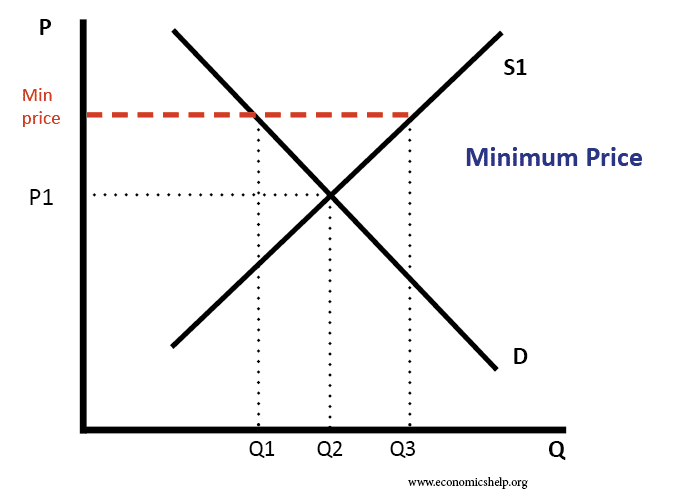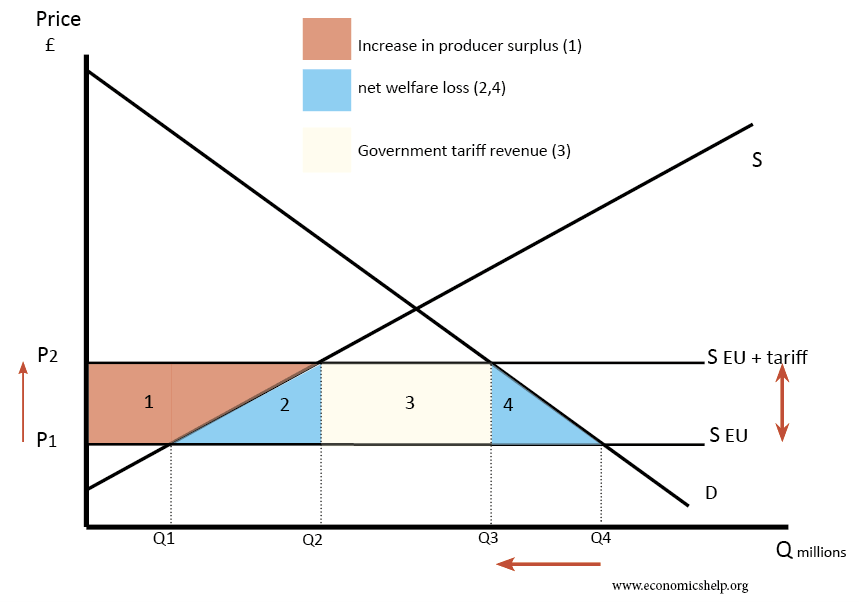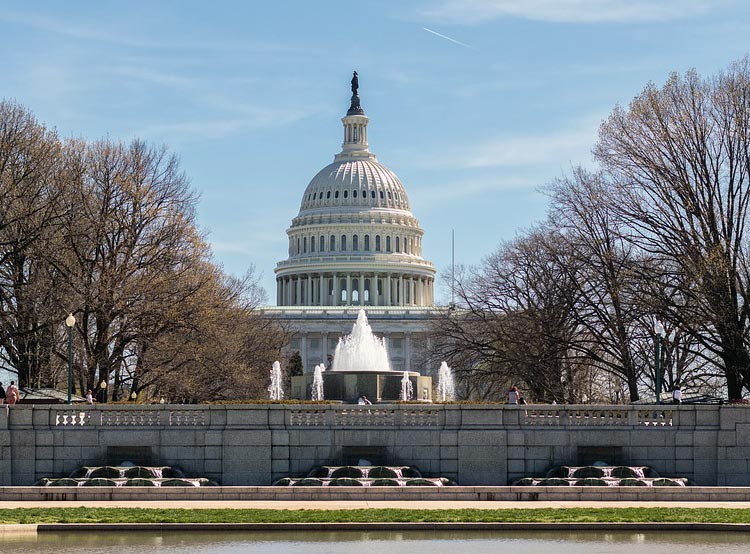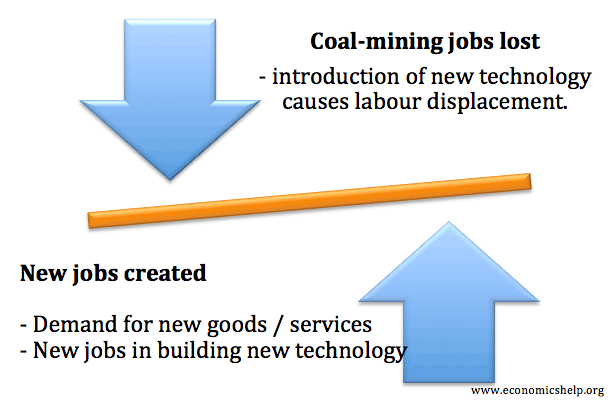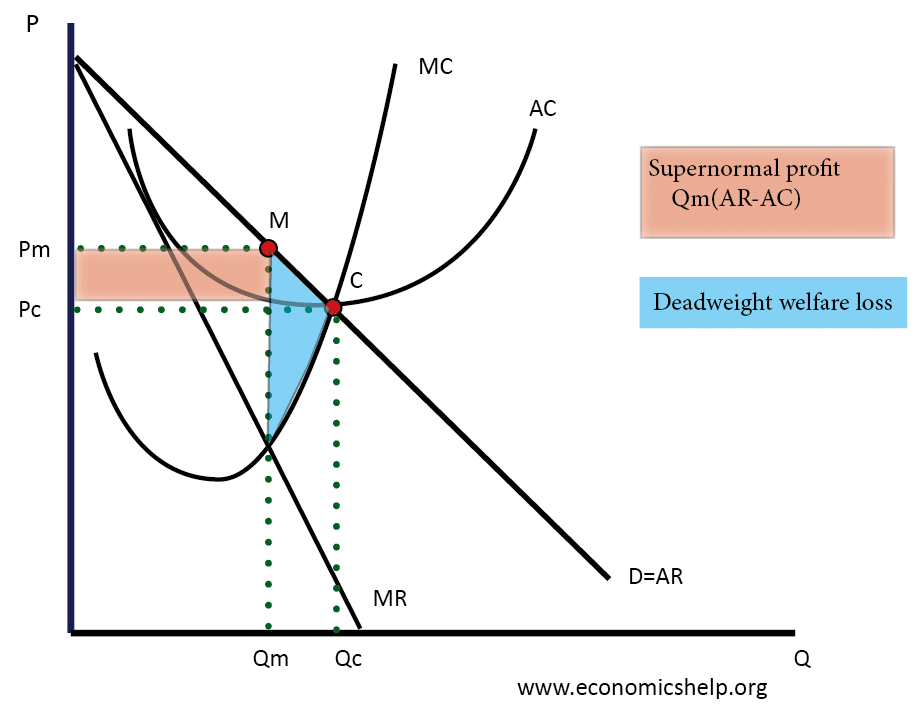Minimum price for alcohol – pros and cons
A minimum price for alcohol means that alcoholic drink cannot be sold below a certain price. It is aimed at preventing the sale of very cheap alcohol by supermarkets. The hope is that a higher price will discourage binge drinking, improve health, and make people pay a price closer to the true social cost of …

